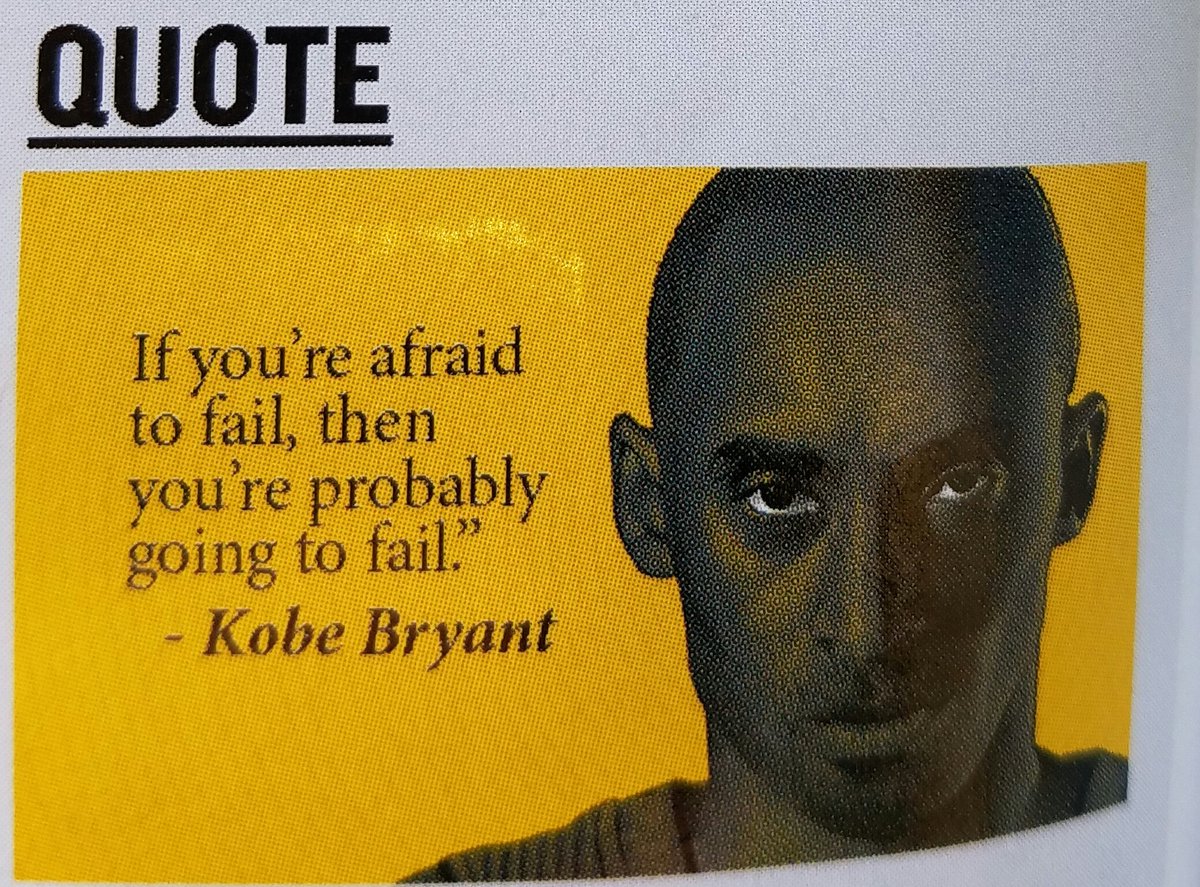Systems don’t need to be changed. The trick is for a trader to develop a system with which he is compatible. -Ed Seykota
Traders can make psychological mistakes when trading that can end a trading career very fast. Here are a few examples:
- They take on more risk than they can deal with, stress takes over and they start making bad decisions.
- They become married to a trade, they become stubborn and ignore their stop losses, wanting to be “right” they wait while losses mount.
- Their egos take over their trading. They are more concerned about proving how smart or clever they are than making money. They begin to be more concerned with bragging about their winners than managing their losing trades. It becomes an ego trip that will not end well.
- Their system does not match them, someone who likes fast paced action should not be a long term growth investor and someone who loves investing in growth stocks they believe in should not day trade.
- A trader loses many times in a row so they change systems right before the big pay off. If you have a proven system trade it for the long term benefits.
Here are some solutions: (more…)







